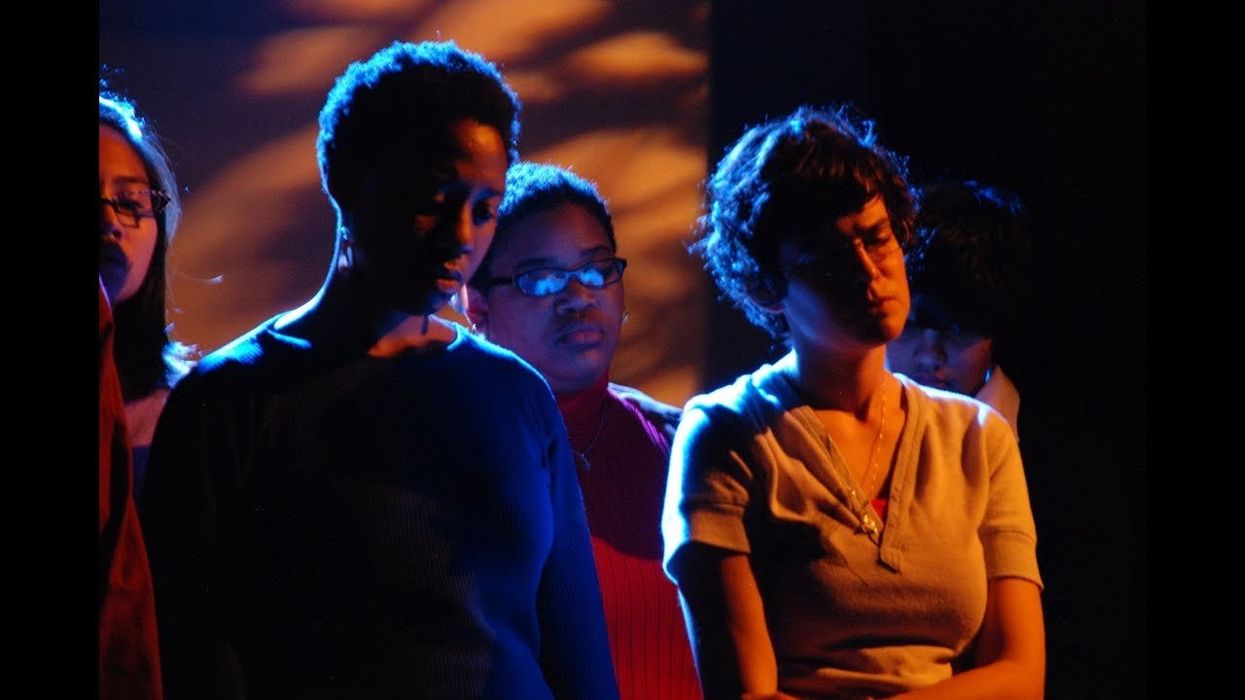Nevins is co-publisher of The Fulcrum and co-founder and board chairman of the Bridge Alliance Education Fund.
In 2019 John O’Neal, playwright, actor and co-founder of Free Southern Theater passed away at the age of 78. This great leader of the U.S. civil rights movement used the “story circle” as a methodology where a group of people tell personal stories, led by a facilitator. Story Circles are always meant to create a respectful space for people to share across different experiences.
Story Circles are central to Junebug’s art-making and engagement. Junebug uses the Story Circle methodology to build bridges, facilitate brave spaces, share stories, and cultivate healing. He made the process available to the Ashé Cultural Arts Center and Junebug Productions, who shared the process with the National Public Housing Museum.
The rules are simple; “they are rules of civil participation in society; you agree to listen, you agree to respect.” O’Neal’s guidelines for Story Circles can be found here:
The Free Southern Theater (FST) was designed to provide high standards of performance by utilizing professional actors, directors, and technicians. Initially, the program encompassed a seasonal traveling repertory theater, workshops for college students and community members, a sponsorship of artists and performers in Jackson, Mississippi, and an acting apprenticeship. With founders who were embedded in the Civil Rights Movement through their participation with the Student Nonviolent Coordinating Committee, the FST's goals were connected to the movement. Their high ambitions were reflected in the organization's charter documents.
In the Acting Together project, an initiative between Brandeis University’s Program in Peacebuilding and the Arts and Theatre Without Borders.
John O’Neal, described his work with Story Circles, or story based organizing, as an example of the connections between art and positive social change.
Enjoy.


















 "On the Frontlines of Democracy" by Nonprofit Vote,
"On the Frontlines of Democracy" by Nonprofit Vote,

Trump & Hegseth gave Mark Kelly a huge 2028 gift